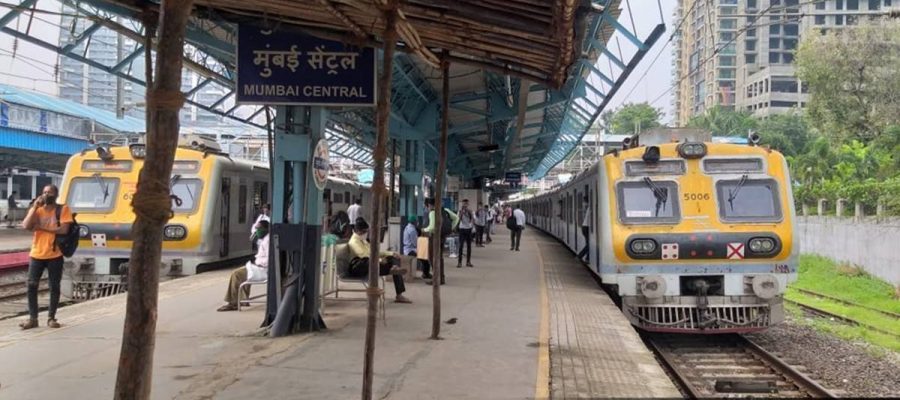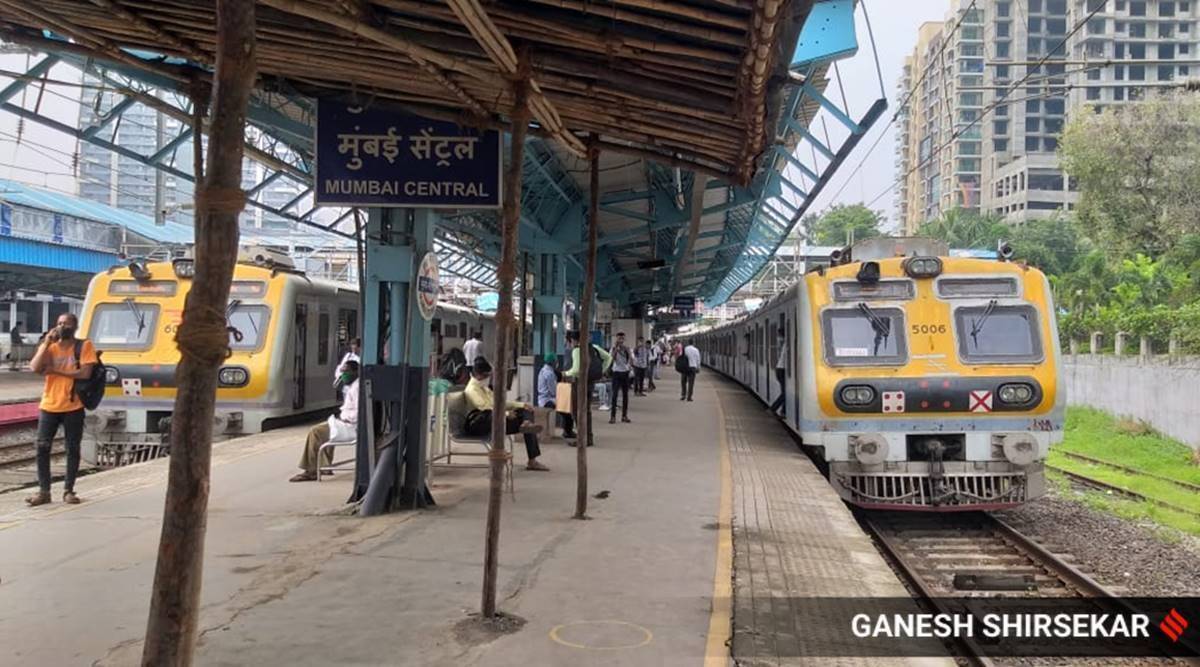Justice Datta said that he has observed several trains run empty during the morning hours and according to the lawyers’ organisations merely 2,000 lawyers would be availing local train facility.
The Bombay High Court on Thursday asked the state government as to why lawyers cannot be allowed to board local trains and asked the government to inform the court on the same by July 1.
A division bench of Chief Justice Dipankar Datta and Justice Girish S Kulkarni made the remarks while hearing public interest litigations (PILs) filed by the Bar Council of Maharashtra and Goa (BCMG) and other lawyers seeking directions to the state government to consider practicing advocates as essential service providers and permit them to commute by local trains to attend hearings in trial courts.
Justice Datta said that he has observed several trains run empty during the morning hours and according to the lawyers’ organisations merely 2,000 lawyers would be availing local train facility. “In the mornings, while on the way to the court, we see trains are empty, why cannot the state consider letting lawyers travel?”
The chief justice further said that the administrative committee of the high court headed by him, which will review the prevailing Covid-19 situation and decide on whether to resume physical hearings, will take up the issue on July 1.
He asked the lawyer representing the state government to inform Advocate General Ashutosh Kumbhakoni so that the government can decide on lawyers’ concerns.
Justice Dutta cited the pendency of cases and said, “Pendency of cases is piling up. If lawyers come to the court, we can hear some matters. Otherwise, one year later, the pendency will be such that even if you have 100 judges in HC, we will not be able to get matters disposed of.”
The court posted a further hearing on the pleas to July 3.
It is to be noted that lawyers were barred from travelling in local trains during the Covid-19 second wave restrictions.
Source: Read Full Article


